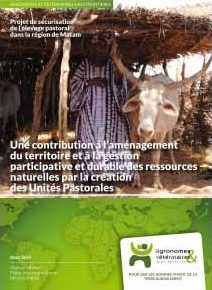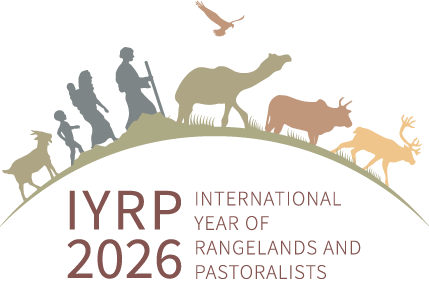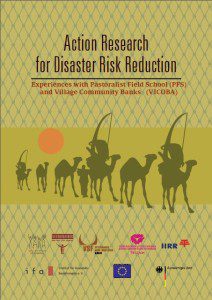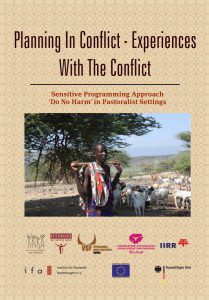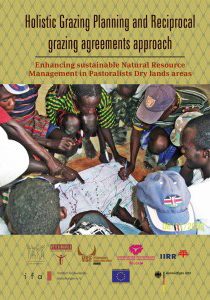Pastoralism
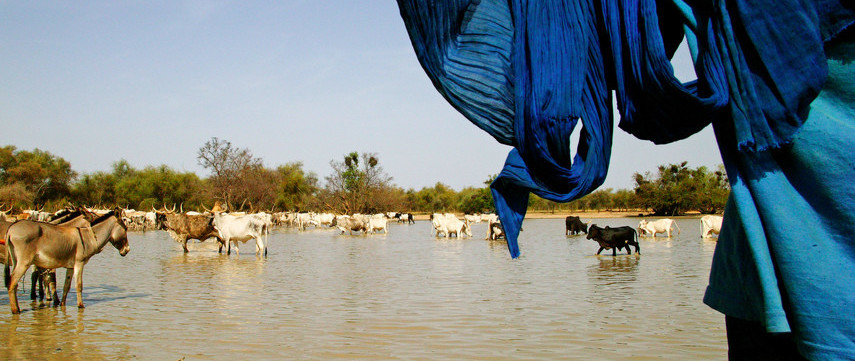
Pastoralism is a livelihood system based on free-grazing animals that is used by communities in marginal areas. The land may be marginal for various reasons, including poor water supply or soil quality, extreme temperatures, steep slopes and remoteness. Pastoralism enables communities to manage their resources in a sustainable, independent and flexible way. It is marked by rights to common resources, customary values and provides important ecosystem functions.
Mobility
Ecosytstem services
Customary institutions and traditional knowledge
Land
Valuing pastoralism
Inclusive policy making
2026 will be the International Year of Rangelands and Pastoralism (IYRP), a unique opportunity to highlight the global issues related to pastoralism and grazing systems. By designating 2026 as an international year, the United Nations recognises the need to strengthen the understanding and consideration of these systems in public policies and international debates. The IYRP aims to encourage research, promote good practice in the sustainable management of natural resources and raise awareness of the challenges facing pastoralists in a context of climate change, land degradation and demographic pressure.
This initiative is essential to mobilise the international community for sustainable rangeland management and to support the millions of people whose livelihoods depend on these fragile ecosystems. VSF International is fully committed to this process, supporting the IYRP 2026 and highlighting the crucial role of pastoralists in sustainable land management and the resilience of rural communities.
For more informations: https://iyrp.info
Publications on pastoralism:
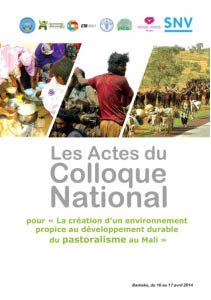
La création d’un environnement propice au développement durable du pastoralisme au Mali : Actes du colloque national de Bamako
